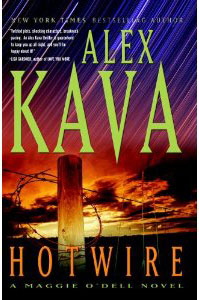Thank you!
Two years ago I started this blog. At the time I stated:
“This is a blog about communicating in today’s world. I became president of National Federation of Press Women in September 2009 and thought a blog would be a terrific platform for sharing ideas about communication, membership and anything else I might want to have a communique about… .”
I really did not know what to expect. I do know the first post felt weird when I hit the “publish” button. As a former newspaper reporter, it didn’t feel right sending it out into the world of the internet. Over time, though, I started receiving feedback in the form of comments on the blog, on Facebook and through email.
 I’ve kept to my self-imposed publishing schedule of every Wednesday and Sunday. I’ve often wondered what would happen if I switched days. Would I get more readers? Less? But blogging on Wednesdays and Sundays is now part of my routine, so I think it site stats best not to mess with it.
I’ve kept to my self-imposed publishing schedule of every Wednesday and Sunday. I’ve often wondered what would happen if I switched days. Would I get more readers? Less? But blogging on Wednesdays and Sundays is now part of my routine, so I think it site stats best not to mess with it.
I try to cover a variety of topics related to communications, whether writing, PR, crisis management or social media. Into the mix I’ll share some leadership lessons and some author profiles. Since starting this blog, I’ve published 221 blogs. During NFPW conferences and board meetings I blog more often.
WordPress reports that I’ve had more than 8,100 views since I began the blog. Is that good? I don’t know because I’ve broken my own advice, which is to measure it. I didn’t set any goals except to share information. I wasn’t focused on numbers. So now seems like a good time to set my first goal, which is to reach 10,000 views before the year is out.
I’ve also been challenged to find photos to illustrate the blog. I’m having fun as an amateur photographer finding the perfect illustration. Museums, parks and meetings are my favorite places to shoot photos for the blog. Some evenings, I experiment with objects from my desk.
Even though my term as NFPW president has ended, I am continuing the blog. I enjoy the connections I’ve made to members and bloggers, and you’ve told me that the topics are helpful. So as long as I am contributing to the conversation, I’ll keep blogging. I hope you’ll keep sending ideas and commenting and sharing.
Sound good?


